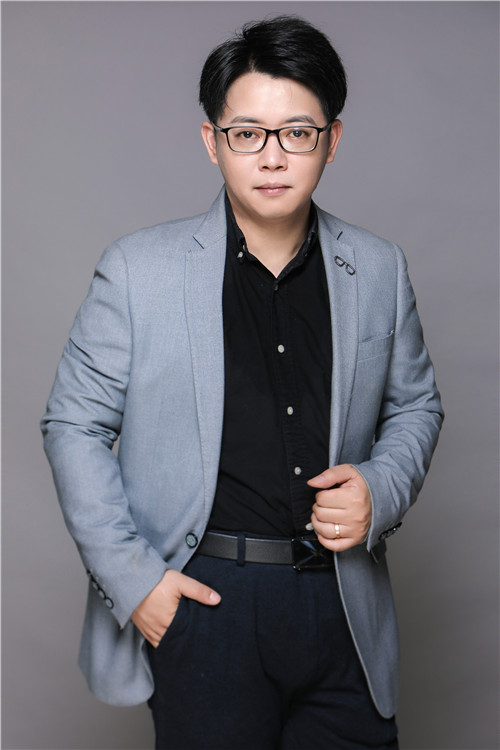
Prof. Xiaoliang Shen, Wuhan University, China
Dr. Xiao-Liang Shen is currently a Full Professor at the School of Information Management at Wuhan University, P.R. China. He was a visiting professor in the Department of Information Systems at City University of Hong Kong during 2019–2020. His current research interests include Information Behavior, Information Ethics, and the Dark Side of IT.
Prof. Shen is a highly productive and influential scholar. With an H-index of 29 and a citation count of 4,799 on Google Scholar, Prof. Shen demonstrates a remarkable scholarly impact and has been listed as a Highly Cited Chinese Researcher for 2022–2023 by Elsevier. Prof. Shen has published over 90 research articles in international and domestic academic journals and conference proceedings.